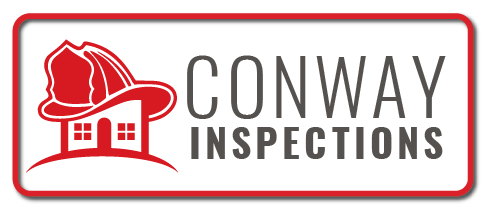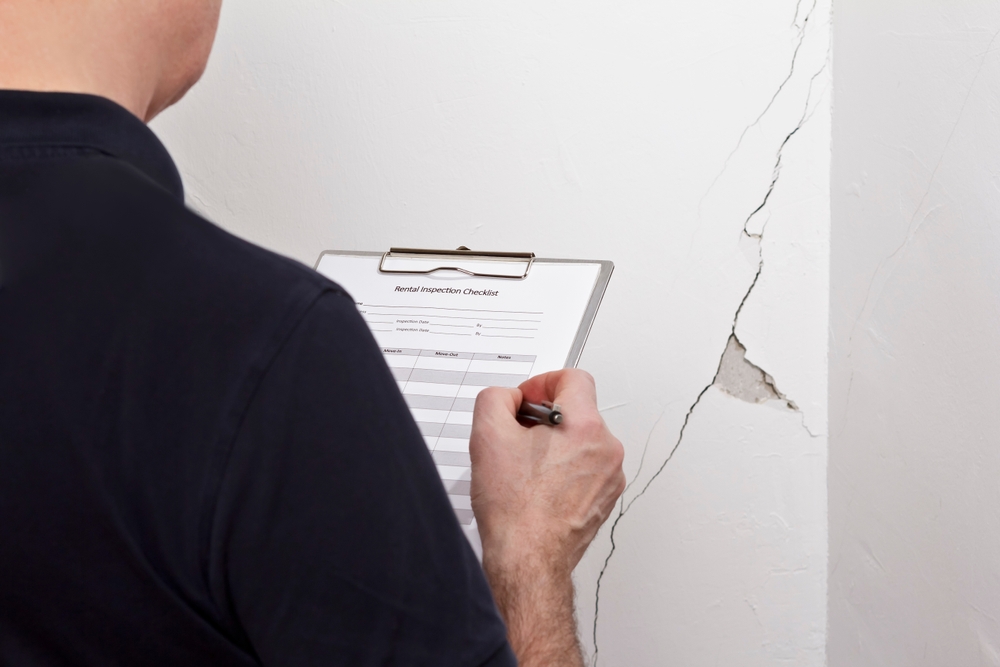Commercial Building Inspections
When it comes to managing a commercial property, one of the most important tasks is ensuring that the building is safe, structurally sound, and up to code. Commercial building inspections play a crucial role in safeguarding the value of your property and protecting its occupants. Whether you’re purchasing a new building, preparing to sell an existing one, or simply conducting routine maintenance, hiring a certified professional inspector is an investment that will pay dividends in the long run. In this guide, we will explore the importance of commercial building inspections, the steps involved, and how they can help protect your investment.
Why Commercial Building Inspections Matter
A commercial building inspection is a comprehensive evaluation of the structural and functional aspects of a property. This includes the building’s foundation, roof, electrical systems, plumbing, HVAC systems, and more. The goal is to identify any potential issues or areas of concern that could affect the safety, functionality, or value of the building. Whether you’re a property owner, investor, or business owner, a commercial building inspection is crucial for making informed decisions about maintenance, repairs, and future investments.
For property owners and investors, a commercial inspection helps mitigate the risk of unexpected repair costs. If major issues are discovered during the inspection, such as structural damage, outdated electrical systems, or plumbing leaks, you will have the opportunity to address these problems before they become expensive and disruptive. Additionally, commercial building inspections can provide peace of mind by ensuring that your property is in compliance with local regulations and safety standards, which is essential for maintaining tenant satisfaction and avoiding legal complications.
The Role of a Certified Professional Inspector
When it comes to commercial building inspections, not all inspectors are created equal. It is essential to hire a certified professional inspector with the expertise and experience necessary to assess the unique needs of commercial properties. These experts are trained to identify potential issues that may go unnoticed by the untrained eye, such as hidden water damage, faulty wiring, or problems with the foundation.
A certified professional inspector will use advanced tools and techniques to evaluate every aspect of the building’s structure and systems. They will carefully examine everything from the roof and exterior walls to the plumbing, electrical systems, and HVAC units. After the inspection is complete, they will provide a detailed report outlining any findings, along with recommendations for repairs or further investigation. This information is invaluable for property owners and investors, as it allows them to make informed decisions about the future of the property.
Moreover, a certified professional inspector can help ensure that the building meets all local safety codes and regulations. Compliance with these codes is essential for protecting the health and safety of tenants and employees. In some cases, failing to meet building codes can result in fines, penalties, or even legal action, so having an inspector who is familiar with local regulations is crucial for avoiding these risks.
What Does a Commercial Building Inspection Include?
A thorough commercial building inspection involves a detailed assessment of both the building’s interior and exterior. The inspector will typically evaluate the following areas:
-
Structural Integrity: The foundation, walls, and roof will be inspected for any signs of cracks, water damage, or other structural issues. These problems can be costly to repair if not addressed early, so it is essential to catch them during an inspection.
-
Roof and Exterior: The condition of the roof, gutters, siding, and windows will be examined for any signs of wear or damage. A damaged roof or poorly sealed windows can lead to leaks, mold growth, and energy inefficiency, making it critical to address these issues promptly.
-
Plumbing and Electrical Systems: The plumbing and electrical systems are vital to the functionality of the building. An inspector will look for leaks, faulty wiring, outdated systems, or other issues that could pose a risk to safety or cause disruptions in daily operations.
-
HVAC Systems: Heating, ventilation, and air conditioning systems are essential for maintaining a comfortable and healthy indoor environment. Inspectors will check the efficiency and condition of these systems, looking for signs of wear, poor airflow, or other issues that could affect the building’s climate control.
-
Safety Systems: An inspection will also include an evaluation of the building’s safety features, such as fire alarms, sprinklers, and emergency exits. These systems must meet local building codes to ensure the safety of the building’s occupants in case of an emergency.
The findings from a commercial building inspection will provide a comprehensive understanding of the property’s condition. Property owners and investors can use this information to make repairs, negotiate a fair price during a property transaction, or plan for future maintenance needs.
Commercial vs. Residential Building Inspections
While both commercial and residential buildings require inspections to ensure their safety and functionality, there are key differences between the two. Commercial building inspections tend to be more complex due to the larger size and more diverse systems involved. Commercial properties often have multiple floors, extensive HVAC systems, complex plumbing networks, and other specialized features that require a more detailed inspection.
Residential inspections, on the other hand, tend to focus on a smaller scale, usually covering just the home’s foundation, roof, plumbing, and electrical systems. The level of detail and scope of a residential inspection is generally more limited, as the systems and structures in a home are less intricate than those found in commercial properties.
One of the main challenges in commercial building inspections is the sheer variety of building types and purposes. A commercial building may serve as an office, retail space, warehouse, or restaurant, each of which has its own unique set of requirements. For example, a restaurant inspection may focus more heavily on kitchen equipment and ventilation, while an office building inspection might concentrate on office layouts and networking infrastructure. This is why hiring a certified professional inspector who specializes in commercial properties is essential for ensuring a thorough and accurate assessment.
The Benefits of Regular Commercial Building Inspections
Regular commercial building inspections are a valuable tool for property owners and managers. Conducting inspections on a routine basis—whether annually, biannually, or after major events like severe weather—helps maintain the building’s overall health and performance. Here are some of the key benefits of scheduling regular inspections:
-
Cost Savings: By identifying problems early, you can address them before they develop into larger, more costly issues. Preventative maintenance is always more affordable than emergency repairs.
-
Increased Property Value: A well-maintained building is more attractive to potential tenants and buyers. Regular inspections ensure that the property stays in good condition, preserving its value and appeal.
-
Tenant Satisfaction: Tenants are more likely to remain in a building that is safe, functional, and well-maintained. Regular inspections demonstrate a commitment to maintaining a high-quality environment, leading to higher tenant retention rates.
-
Compliance with Regulations: Commercial properties must comply with a range of local and national safety codes and regulations. Regular inspections help ensure that the property meets all necessary requirements, reducing the risk of fines or legal issues.
-
Peace of Mind: Knowing that your commercial property has been thoroughly inspected by a certified professional inspector gives you confidence that the building is safe and in good condition. This peace of mind is invaluable for property owners, investors, and tenants alike.
Conclusion
Commercial building inspections are an essential part of responsible property management. By hiring a certified professional inspector to evaluate the condition of your building, you can avoid costly repairs, ensure compliance with safety codes, and protect your investment. Regular inspections offer peace of mind, increase the value of the property, and help maintain tenant satisfaction. Whether you’re looking to buy, sell, or maintain a commercial property, a thorough inspection is a critical step in the process.
Need Property Inspection Services Near You?
Here at Conway Inspections, we’ve been proudly providing trusted home and commercial property inspections for over 30 years. Whether you’re looking to assess structural systems, electrical, plumbing, or specialized areas like wood-destroying insects or pool/spa inspections, we’ve got you covered. Our Certified Master Inspector ensures that you receive a detailed, reliable report that helps you make confident, informed decisions. Don’t hesitate to reach out to us today—we’re here to provide the thorough evaluation you need to protect your property investment!

